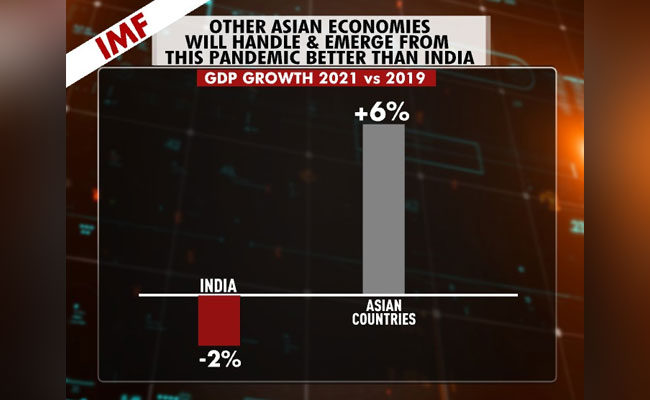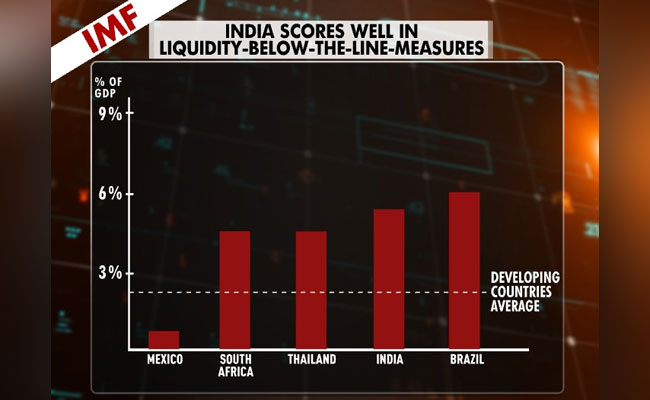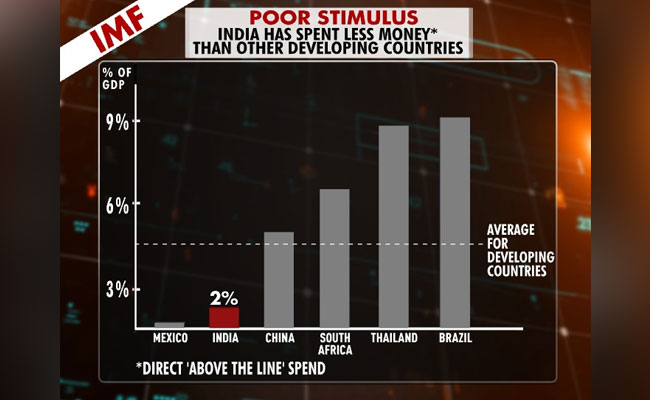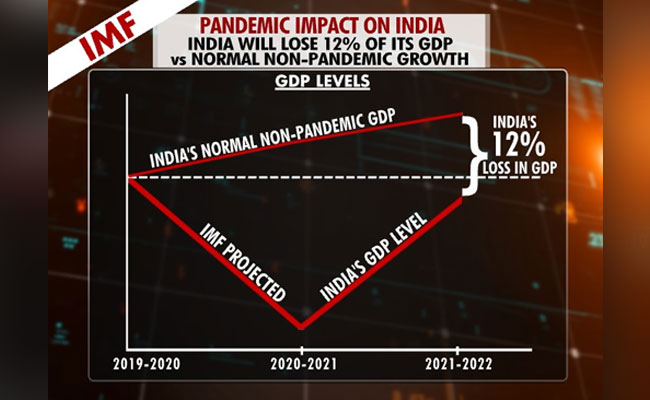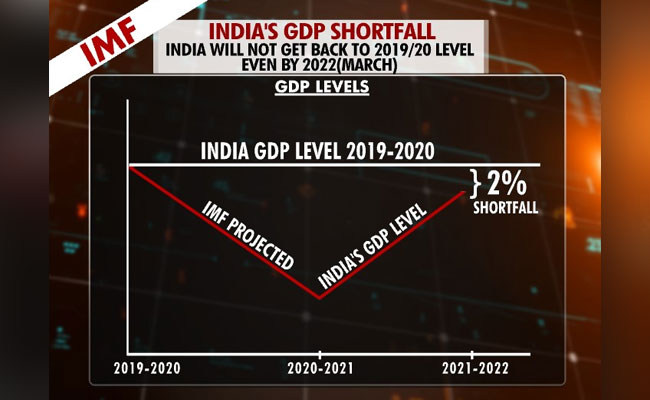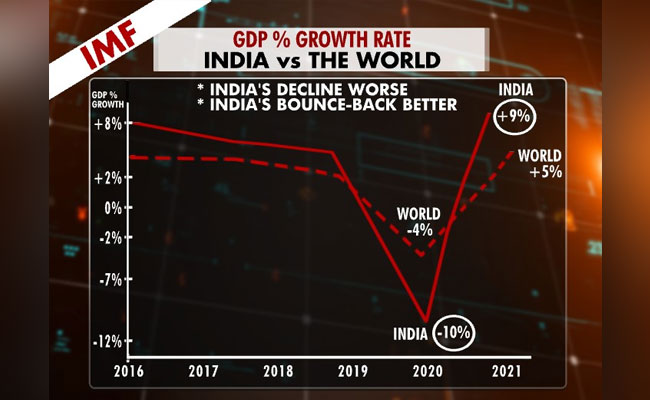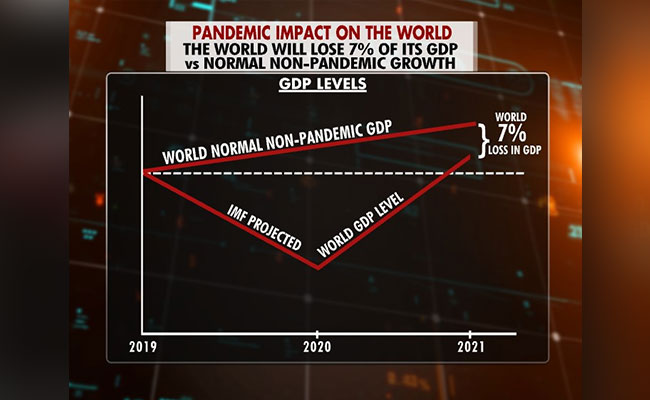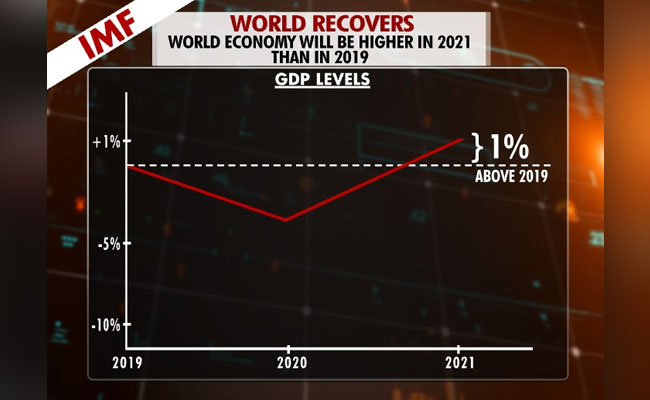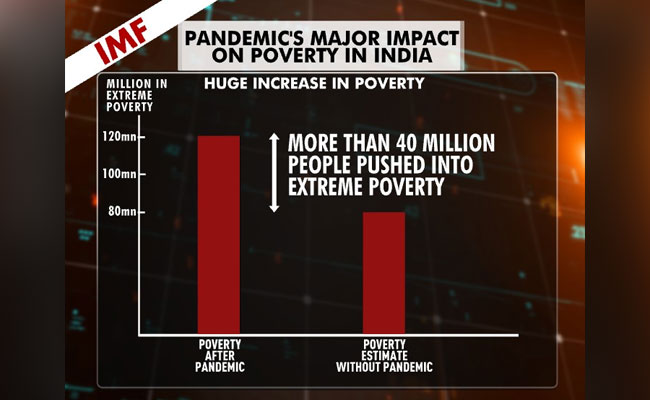International Monetary Fund (IMF) chief Kristalina Georgieva speaks to Dr Prannoy Roy about the challenges posed by the coronavirus pandemic and the role being played by the IMF to help developing countries cope with them.
Speaking to NDTV, Ms Georgieva talks about facing a global crisis in the very first year of taking over as the IMF chief. "We have provided massive support to our members in need, over a hundred billion dollars so far," Ms Georgieva said.
The IMF chief talks about the importance of testing as a measure to contain the spread of coronavirus and said, "India is one of the countries that has taken a very aggressive step to making testing more available. When you test more, you can allocate potential sources of the pandemic and then isolate people rapidly."
Here are the Live updates of Dr Prannoy Roy's conversation with IMF Chief Kristalina Georgieva:
